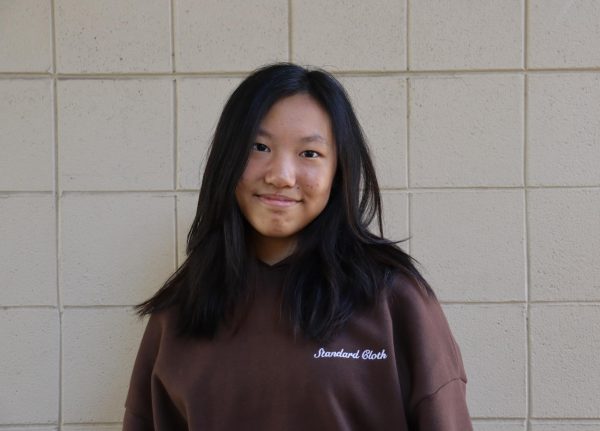Step foot into Sephora and you’re not just entering a beauty zone, you’re entering the core of an epidemic full of 10-year-olds. Inside, you’ll be greeted with an elementary school full of unchaperoned and unsupervised swarms of beauty-obsessed children who may put up a fight over their favorite Drunk Elephant moisturizer or Glow Recipe toner you unknowingly hold in your hands.
Recently, many individuals, especially ex-employees, have spoken out about the trend on TikTok; they say these children exhibit entitled, disrespectful, destructive and excessively loud behavior. They are reported to steal products and ravage makeup and skincare displays in the stores, often ruining testers and making use of new, packaged products as testers, then putting them back into the packaging as if they were never opened.
To state the obvious, these 10-year-olds are purchasing products unnecessary for their age, such as retinol and exfoliating acids, which are often paired with anti-aging purposes and harsh chemicals designed for young adults and older.
Retinol is designed to promote anti-aging through skin cell production, collagen production and exfoliation. However, dermatologists have said teen usage of retinol products can damage your skin’s barrier, turning an expensive piece of skincare into an age-accelerating product.
Wealth also plays a key factor here; without their parents’ financial privilege, these children could not recklessly splurge in these high-end beauty stores.
Sometimes, these absurd amounts of money are not pre-approved by parents, resulting in disagreements that often explode in front of the cash register.
In comparison to the materialistic effects of these actions, the real problem lies in the sheer entitlement in these kids, as they feel entitled to discipline strangers and openly express their conventionally rude comments.
Ultimately, three faults are conjoined to form these problematic occurrences: the kids, their parents and social media pressures.
The most self-explanatory cause is the kids themselves — simply because they’re minds are not fully developed doesn’t excuse their lack of judgment and social awareness. Even under extensive parenting, good behavior requires an ample amount of self-discipline from the kids themselves.
Additionally, parents have every level of control to dictate their children’s exposure and accessibility to social media. Social media is equivalent to magnified peer pressure, which has always been around but is simply more prominent now. Parents need to stop using social media as an excuse for their parenting failures.
One theory circling TikTok is that many millennial parents who felt restricted by their parents are overcorrecting their own parents’ “flaws” and allowing way too much freedom for their children.
A largely overlooked reason for the disturbing behavior is the way social media packages beauty as an equal to health. If social media delivered healthier messages, young children wouldn’t be as compelled to invest ridiculous amounts of money into their appearance. A clothing haul shouldn’t model one’s confidence journey and beauty maintenance shouldn’t equate to self-care.
Without concerted efforts from all three sides — parental restrictions, addressing social media pressures and improving behavior in children, this problem is guaranteed to worsen dangerously.
The Sephora epidemic showcases a stark contrast between current emerging trends within older teens such as the bow trend and binge watching childhood shows. This regression suggests they are desperately trying to relive their childhood.
Meanwhile, if you’re planning to take a quick trip to Sephora anytime soon, try not to act surprised when hordes of rampant children eye your cart, and especially be prepared if they snatch a product or two out of your hands.




























